“If I am asked which is the sky under which the human mind has developed its most precious gifts, I will answer, it is certainly India. If I ask myself where we, whose ideas are shaped by Greek and Roman knowledge, can look to make our lives better, the answer to this too will be India.” These were the words of a man who was born in Germany but was an employee of the British East India Company. His name was Max Muller and he was also the one who plotted to Christianize India. He left no stone unturned to harm Sanatan Hindu religion and Indian culture…

Today, only two or three percent Indians will have Vedas or Upanishads in their homes, but how would you feel knowing that there was a time when French philosophers and scholars were planning to defeat the East India Company and Britain in India by reading the Vedas and not only this, they had the feeling that through the Vedas, France will regain its lost land in India. The story is really interesting, there are two characters and two countries in this story, one country was Britain which wanted to prove that Christianity is a higher culture than Sanatan by tampering with the Sanatan scriptures through Max Muller and the other was Voltaire of France who was writing at that time that I am fully convinced that the world has got everything from the banks of Ganga – astronomy, astrology, medicine and even rebirth after death. In Greek and European mythology, India and Egypt were just followers… Our award winning scholars were just barbarians, whereas they can never challenge the antiquity of India.
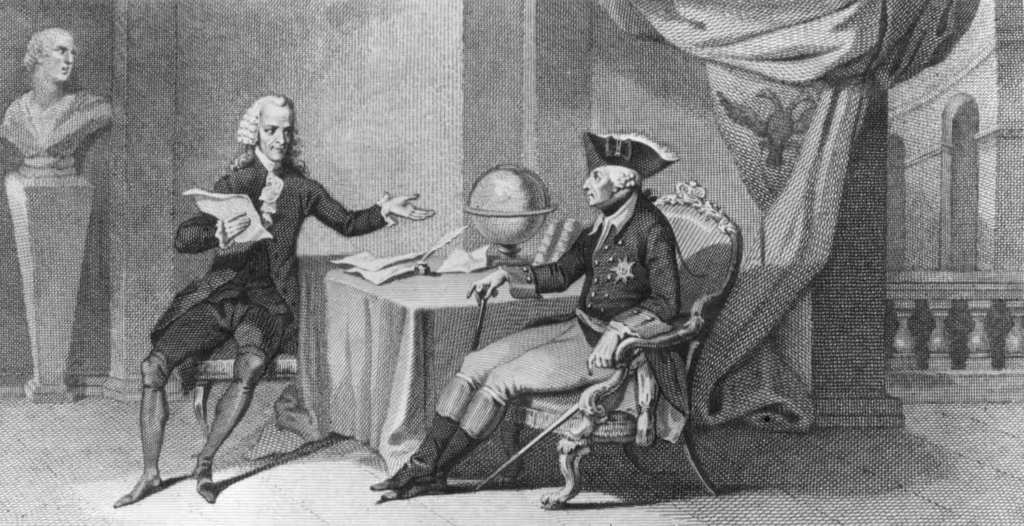
This story is of 1760, 264 years ago when a French soldier presented a copy of Yajurveda to his French philosopher which was later found to be fake and in search of the real Yajurveda, another French philosopher reached India to study the Vedas…
Understand the story from the beginning, in the 16th and 17th century, many companies of Europe were reaching India for business. Most of all, India and Egypt were the first countries to do business. The Portuguese came first. Then Britain and Holland followed. But there was another country behind them and that was France. Although France arrived the last, in 1664 France captured Pondicherry and gradually increased its trade and by 1740 it reached at par with the British East India Company. Pondicherry became a big centre of trade. And French trading posts opened in Bengal as well. Ginger, cardamom, cinnamon and indigo tea started being exported from here.
In those days, the most in demand in France was the colourful cotton threads of India. These people used them to make curtains and carpets. The princesses and queens of the French royal families were crazy about it. See in this picture, this is Marquis de Pompadour, the advisor of King Louis 15, wearing Indian attire. Whose picture is still displayed in the National Gallery of London.

For this reason, many fake cotton factories also opened in France during that period. The trade was profitable. In 1720, a new company was formed in France and its stocks were sold. One stock was worth 550 livres, i.e. French currency. But the potential for future profits was so high that the King of France himself bought 20 percent of the company’s shares. The person who bought these shares was another man, Voltaire. One of France’s greatest philosophers. In the next 20 years, the company made a lot of money. And Voltaire benefited greatly from this deal.
Then in 1756, the ‘Seven Year War’ started between Britain and France. This was a fight over who would loot India the most. The war started which was fought in America, Canada and India. France supplied arms to the rebels in America. Whereas in India, there was a war between the French and British East India Company. Sometimes directly and sometimes by using different princely states as pawns. In the year 1757, the British East India Company won the Battle of Plassey and they occupied Bengal. After this, the condition of the French East India Company deteriorated and the debt on the company increased. Jean Baptiste Chevalier, the French Governor at Bengal’s Chandranagar Post, wrote a letter to the company, in which he wrote that “The British are not even allowing us to breathe in the air of the Ganges. The road ahead is going to be more difficult.” According to Voltaire, the defeat of the French East India Company in India was a big loss. When Canada slipped out of his hands, he had said, what if a few feet of snow slipped out of our hands. But when India slipped out of his hands, he called it a huge loss and a big shock for France. During this period, a French soldier returned to France from India. Here he gifted Voltaire a copy of a book and told him that it was Yajurveda, a historical text of India which was lost somewhere in the flow of time. He had saved it with great difficulty.

The text was in French and according to the soldier, it was translated from Sanskrit to French so that French scholars could read it. In Europe, the only people who understood Indian philosophy and culture at that time were the Christian missionaries who had come to India to preach Christianity. In the 17th century, these people took copies from India and filled the libraries of Paris and Oxford. These documents in Pali and Sanskrit kept gathering dust for decades because there was no one to understand this language. In such a situation, when Voltaire got hold of a copy of Yajurveda, he gave a new idea about India which was completely different from the idea of India prevalent in Britain at that time. France could not compete with Britain in terms of power. In such a situation, Voltaire started trying to defeat Britain in the field of Indian philosophy, although the French East India Company still had some posts in India. And in the future, they were going to challenge the British East Company with the help of Hyder Ali and Tipu Sultan. Voltaire also hoped that France would be successful in regaining its power in India.

At that time, there was little knowledge of Indian religious tradition in Europe. Although there was an exchange of philosophy between the two continents since the Greek and Roman times. But Europe was engaged in strengthening the belief that the Judeo-Christian tradition is the pinnacle of civilization and there is no book or knowledge above them. The first European travelers who came to India also played their role in strengthening this belief and India was considered a country of snake charmers.
After going back, they described the idol worship and prevalent beliefs and bad practices in India as superstitions. Even a play became very famous in Paris around 1770. The name was ‘The Widow of Malabar’, in which the practice of Sati was shown. It was a big question for European scholars that how did such superstitions arise in India, which was considered the land of knowledge and philosophy since the time of Romans and Greeks?
British scholars responded to this by saying that Indian philosophy was pure in the beginning but later it became impure. They attributed this to Islamic attacks. With this theory, British scholars and East India Company officials claimed that their aim was to bring India back to its old prosperity.
Voltaire responded to this by saying that this is an absurd belief. He raised the question that when such contradictions did not exist in the Roman and Greek eras, how can Brahma Gyan and superstition exist together in India.
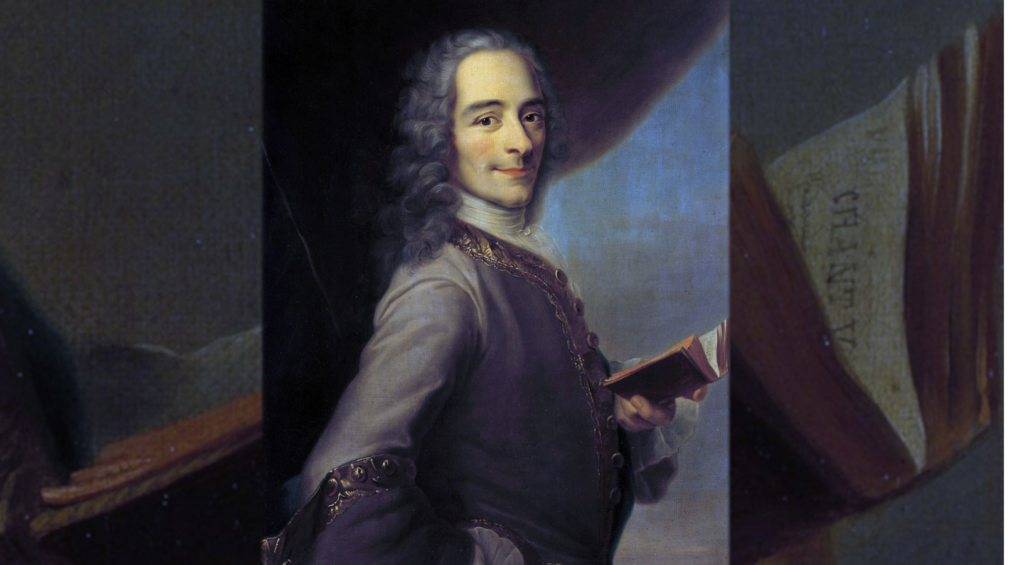
Apart from this, Voltaire also attacked other popular beliefs about India. For example, the British had given the theory that there is no rule of law in India. Apart from this, they also said that Indians are lazy and hence they are not at all suitable for industry and trade. All these ideas were given to justify trade in India and then occupation of it. But as Voltaire wrote, there was absolutely no truth in these things. At one place he writes, “As history tells us, Indians have always been hardworking and skilled in trade.” These things earned Voltaire the reputation of being a knower of Indian philosophy and tradition. But later on he had to face great humiliation. Actually, the book on the basis of which Voltaire was saying all this was actually fake.
The book named Yajurveda which Voltaire had got was actually written by Christian missionaries. That too in French. And Voltaire was told that it was translated from Sanskrit to French. Through this book, Voltaire was shown what he wanted to see. It talked about monotheism. And the purpose of Christian missionaries behind this was to show that the religion of India is also like Christianity. So that it becomes easy for them to propagate Christianity.
Voltaire kept thinking throughout his life that the Vedas he was reading were real, whereas the truth was revealed after his death. Voltaire died in the year 1778. After Voltaire, there was another French scholar named Abraham Anquetil Duperrault who decided that he would go to India and search and translate the original texts of the Upanishads. He started research on the Upanishads in the last decades of the 18th century. Duperrault came to India at the age of 24. Here he wanted to go to Kashi and study Sanskrit. No European traveler had done this before. But when Duperrault reached India, Britain attacked the French trade post of Chandannagar.
From here Duperrault had to go to Pondicherry. From here he went to Surat and lived among the Parsi community and started researching their religion. Once again he faced failure, when in 1761 a British fleet also captured Surat. Duperrault was taken and put in jail in England.
This entire incident created hatred for Britain in Duperrault’s mind. After coming out of jail, he took revenge in his own way and first of all he translated the Upanishads, which the British had been trying to do for many years. Duperrot got the copy of the Upanishads from a French agent named Jean Baptiste Gentil who had fought against Britain along with Siraj-ud-Daula. It took Duperrot 27 years to translate the Upanishads.
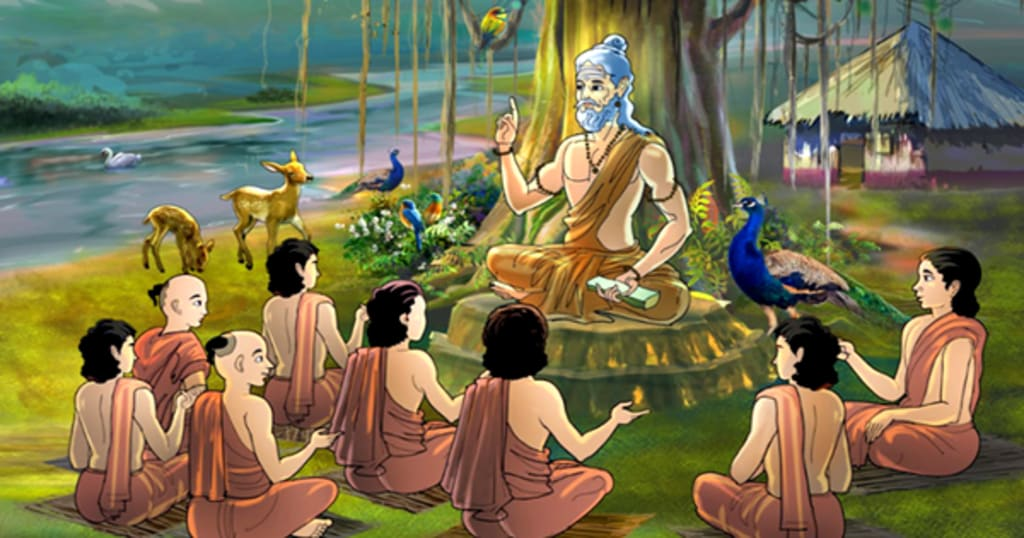
Duperrot hoped that the understanding of Indian philosophy would help France establish itself in India. After 1770, France supported Mysore against Britain. In the hope that they would benefit from Mysore’s victory. During this time, Duperrot wrote letters to French officials several times and explained that the Marathas and Nizams would never be able to defeat Hyder.
They will not support Ali and Tipu. French officials did not listen to Duperrot and after the fourth Anglo-Mysore war, France was almost wiped out from India.
Duperrot also died in 1805. The result of his efforts was that in the beginning of the 19th century, Paris became the center of Sanskrit studies in Europe. Max Muller also studied Sanskrit in Paris. And Arthur Schopenhauer also took the help of Duperrot’s translations to read the Upanishads. By the 19th and twentieth centuries, India’s knowledge and science were patented. While common Indians were searching for religion and knowledge by eating food and singing bhajans and kirtans with babas in the camps, the scholars of Europe were moving ahead by searching for knowledge in the Vedas and Upanishads…
BY-Rajeev Choudhary






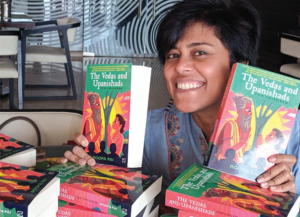
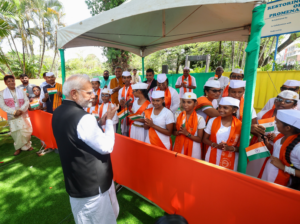

More Stories
Who is the real king of Middle East Gulf countries?
Hyderabad Movement when Arya Samajis came out against Nizam
How are shrines and mosques growing in the lap of the Himalayas.